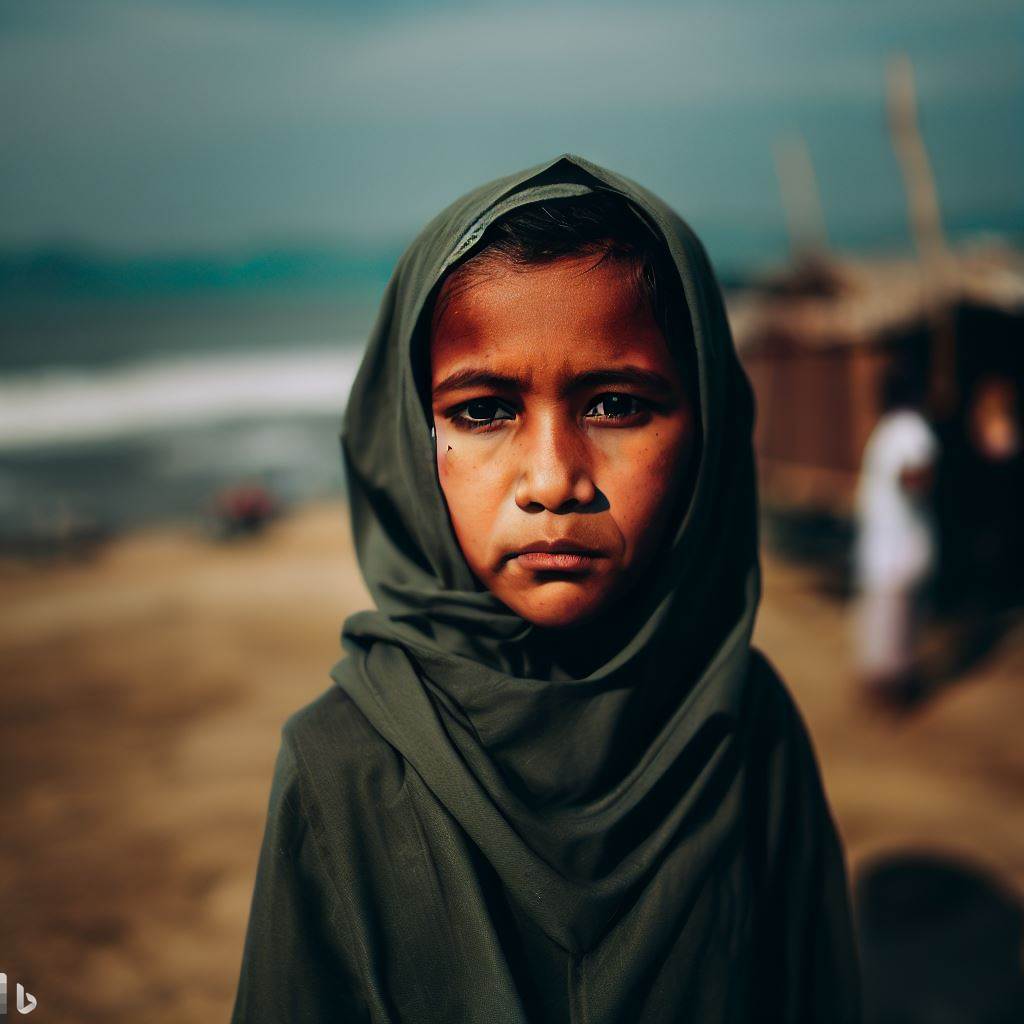Evolving Dynamics: Bangladesh-Myanmar Relations Post-Rohingya Crisis
The Rohingya crisis, which unfolded in Myanmar’s Rakhine State in 2017, had profound implications for the neighboring country of Bangladesh. The influx of over 700,000 Rohingya refugees into Bangladesh strained resources, tested diplomatic ties, and created a humanitarian challenge of unprecedented proportions. In the aftermath of the crisis, both Bangladesh and Myanmar have been grappling with the complexities of repairing and redefining their bilateral relationship. This article delves into the current state of Bangladesh-Myanmar relations and the efforts being made to rebuild trust and foster cooperation.
- Rohingya Crisis: A Strain on Relations
The Rohingya crisis resulted in a significant strain on Bangladesh-Myanmar relations. The influx of refugees overwhelmed the already densely populated regions of Cox’s Bazar in Bangladesh, putting immense pressure on the country’s resources, infrastructure, and local communities. Bangladesh promptly extended its support to the Rohingya refugees, providing shelter, food, and healthcare. However, the crisis highlighted the need for Myanmar to address the root causes and ensure the safe and voluntary repatriation of the Rohingya people.
- The Role of International Pressure
The international community played a crucial role in exerting pressure on Myanmar to address the Rohingya crisis. Bangladesh garnered support from various nations, regional organizations, and global forums to highlight the urgency of the situation and push for a sustainable solution. This collective pressure compelled Myanmar to engage in discussions and seek ways to resolve the crisis and establish conditions conducive to the repatriation of the Rohingya refugees.
- The Rohingya Repatriation Process
The repatriation process of Rohingya refugees has been a focal point in Bangladesh-Myanmar relations. The initial attempts to repatriate Rohingya refugees faced numerous challenges, primarily due to concerns over their safety, citizenship, and guaranteed rights upon return. Bangladesh emphasized the importance of creating a conducive environment in Myanmar, including granting citizenship and ensuring the protection of the Rohingya community.
- Bilateral Initiatives for Cooperation
Despite the challenges, Bangladesh and Myanmar have taken steps to rebuild their bilateral relations and foster cooperation beyond the Rohingya crisis. Both countries have engaged in high-level diplomatic dialogue to discuss various issues, including border security, trade, and economic cooperation. There have been efforts to enhance people-to-people contact, cultural exchanges, and promote tourism, laying the groundwork for improved relations.
- Regional Engagement and Mediation
Regional organizations, such as the Association of Southeast Asian Nations (ASEAN), have played a crucial role in facilitating dialogue between Bangladesh and Myanmar. ASEAN’s involvement has been instrumental in supporting humanitarian assistance, encouraging confidence-building measures, and exploring avenues for long-term solutions. The engagement of regional actors has provided a platform for open discussions, encouraging Myanmar to address the concerns of Bangladesh and the international community.
- Building Trust and Long-Term Cooperation
Rebuilding trust is essential for sustained cooperation between Bangladesh and Myanmar. It requires addressing the underlying causes of the Rohingya crisis, promoting human rights, and ensuring accountability for the atrocities committed. Additionally, transparency and open communication channels are vital to fostering better understanding and cooperation between the two nations. Joint efforts in areas such as trade, energy, and infrastructure development can also contribute to strengthening bilateral ties.
The Rohingya crisis had a profound impact on Bangladesh-Myanmar relations, posing significant challenges and straining diplomatic ties. However, both countries have recognized the importance of engaging in dialogue, seeking international support, and finding long-term solutions to address the crisis. Rebuilding trust and fostering cooperation will require sustained efforts, addressing the root causes of the crisis, and ensuring the safe and voluntary repatriation of the Rohingya refugees. With continued engagement, transparency, and regional cooperation, Bangladesh and Myanmar can pave the way for a more stable and constructive relationship in the post-Rohingya crisis era.
